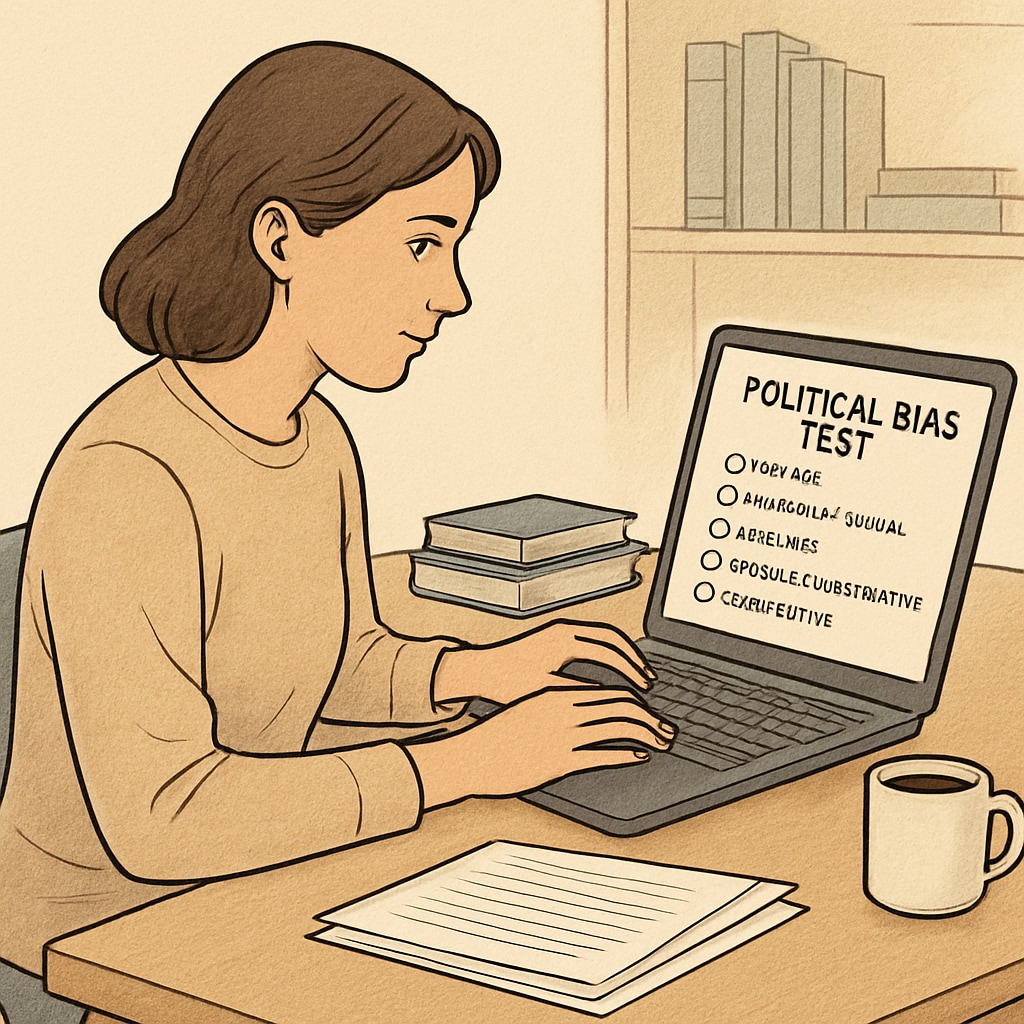Oklahoma’s recent implementation of political bias tests for out-of-state teacher applicants has ignited a fierce debate around education neutrality and ideological screening. This policy, designed to assess candidates’ political leanings, raises critical questions about the intersection of professional qualifications and personal beliefs. Is this a necessary safeguard for maintaining educational integrity, or does it risk excluding qualified educators based on ideological grounds?

The Motivations Behind Political Bias Tests
Oklahoma’s decision to introduce political bias tests stems from concerns about preserving specific values within its education system. Some proponents argue that these assessments ensure teachers align with state cultural norms and protect students from perceived ideological indoctrination. For example, policymakers have expressed fears over external influences that may conflict with local traditions and beliefs.
However, critics question the necessity and fairness of such tests. They argue that placing undue emphasis on political ideology could overshadow a teacher’s professional skills and expertise. Furthermore, this approach may inadvertently discourage qualified educators from applying, leading to potential shortages.

Impacts on Teacher Recruitment and Diversity
One significant concern surrounding political bias tests is their impact on teacher recruitment. By introducing an ideological screening mechanism, Oklahoma risks creating barriers for out-of-state educators who might otherwise bring diverse perspectives and teaching methods to the state’s classrooms. Diversity in education is widely recognized as a crucial factor in fostering critical thinking and cultural understanding among students.
Moreover, the policy could lead to legal challenges, with opponents citing potential violations of constitutional rights, such as freedom of speech and equal opportunity. These challenges could further complicate the recruitment process and strain resources.
Balancing Ideology and Professional Competence
To address these concerns, education systems must carefully navigate the balance between ideological alignment and professional competence. While it is reasonable for states to seek educators who respect local values, enforcing political bias tests may not be the most effective solution. Instead, focusing on objective criteria—such as teaching experience, certifications, and student engagement strategies—could ensure high-quality education without alienating candidates.
In addition, fostering an open dialogue about ideological diversity in education could help states maintain a balance between tradition and progress. For example, teacher training programs could include discussions on managing diverse viewpoints, equipping educators to handle complex classroom dynamics.
Readability guidance: Short paragraphs and clear transitions improve accessibility. Lists and examples provide clarity while avoiding overly technical language. Active voice is favored to enhance engagement.


